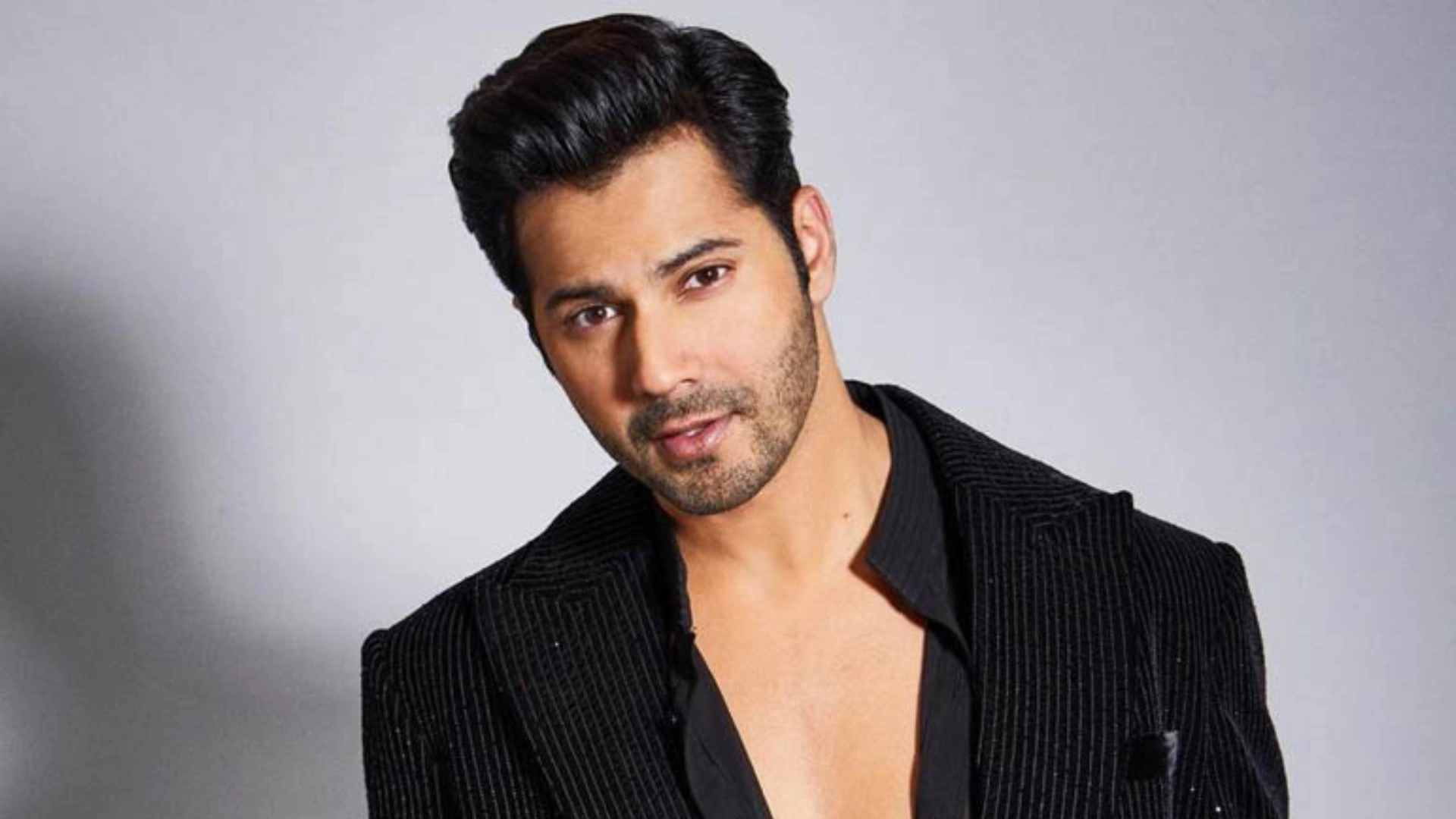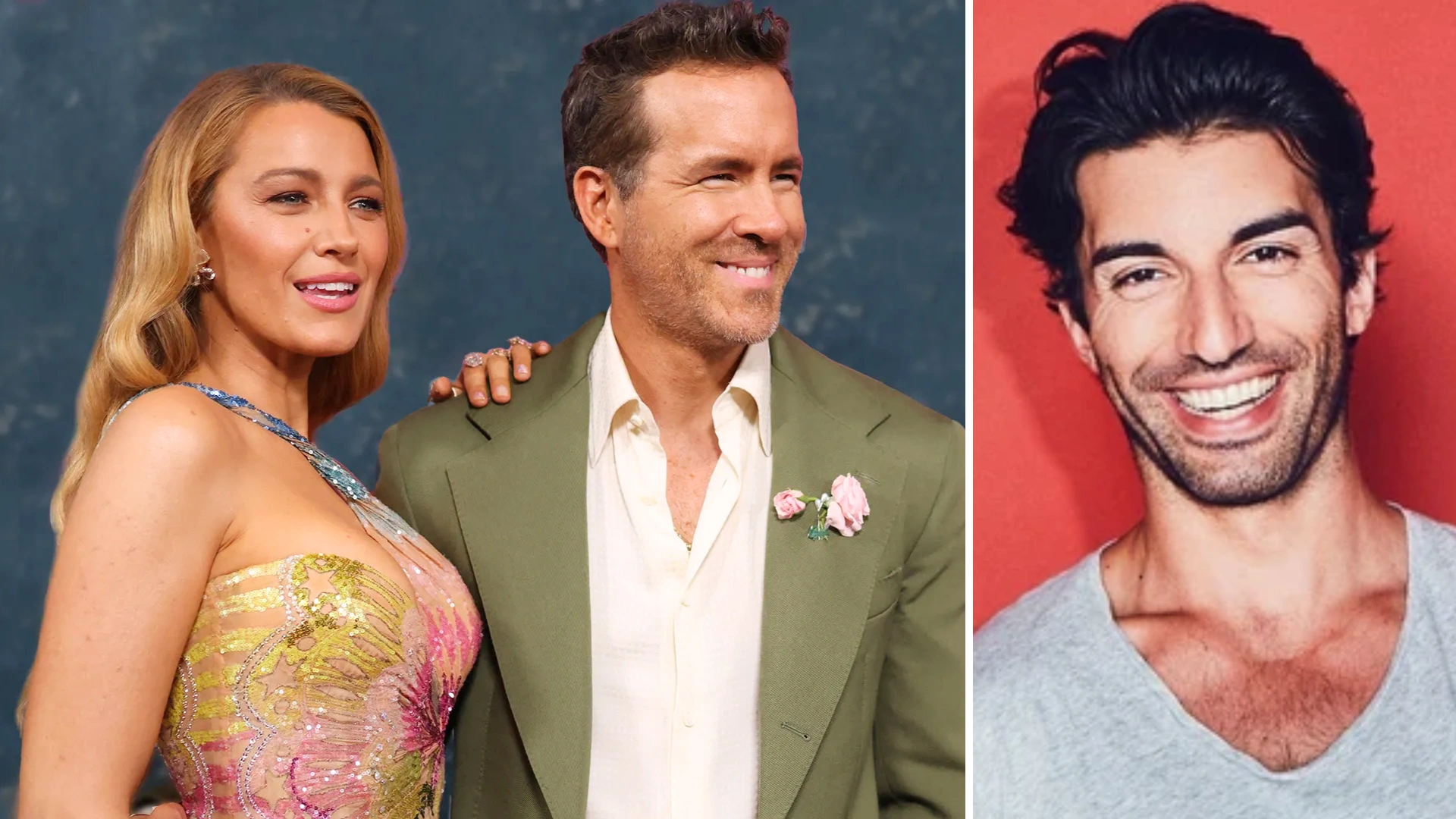Biden’s decision to step aside followed concerns about his ability to handle a second term, which were amplified after a challenging debate performance. As the current vice president, Harris has already made her mark as the first woman, first Black person, and first person of South Asian descent in this role. Her potential ascent to the presidency could herald yet another groundbreaking moment in American political history.
Early Life and Activism
Kamala Harris was born on October 20, 1964, in Oakland, California, to parents who met during their involvement in civil rights activism. Raised in Oakland and nearby Berkeley, which were hubs of the racial and social justice movements of the era, Harris grew up immersed in and influenced by these movements.
She frequently recounted attending protests from a very young age, often being pushed in a stroller, and being surrounded by adults who dedicated themselves to advocating for justice. At the age of six, she began her education in Berkeley’s integrated public school system, a pivotal experience during the era of school desegregation efforts.
Family and Education
Harris’s parents separated when she was young, and she and her younger sister, Maya, were primarily raised by their mother. Harris pursued higher education at Howard University in Washington, D.C., a historically Black institution, where she joined the Alpha Kappa Alpha sorority. This affiliation not only provided her with a sense of sisterhood but also became a supportive network throughout her political career.
Early Career and Political Ascent
After graduating, Harris returned to the San Francisco Bay Area for law school and made a surprising career choice as a prosecutor, which raised eyebrows in her activist family.
She believed in effecting change from within the system, viewing it as equally crucial as activism from outside. By 2003, she launched her first political campaign, challenging the long-standing San Francisco district attorney.
Despite being relatively unknown among city residents, Harris set up makeshift campaign headquarters outside grocery stores with an ironing board as her desk to connect with voters. Her victory marked the beginning of a trajectory where she consistently demonstrated independence. Early in her tenure, she opted not to pursue the death penalty for the killer of a young police officer, a decision that strained relations with law enforcement.
Political Rise and Statewide Leadership
However, this episode did not hinder her political rise. In late 2007, while still serving as district attorney, Harris canvassed neighborhoods in Iowa on behalf of then-presidential candidate Barack Obama. Following Obama’s election, he endorsed her bid for California attorney general in 2010.
In her statewide role, Harris upheld the death penalty despite personal opposition, declined to defend Proposition 8 (a voter-approved ban on same-sex marriage), and played a pivotal role in a $25 billion settlement with mortgage lenders during the foreclosure crisis.
As public scrutiny intensified over police killings of young Black men, Harris implemented reforms such as tracking racial data in police stops, though she stopped short of advocating for independent prosecutors to investigate such cases.
National Recognition and Presidential Bid
Harris’ record as a prosecutor became a focal point during her 2019 presidential campaign, drawing criticism from progressive and younger voters seeking more rapid reform. Despite this, her close relationship with Beau Biden, Delaware’s attorney general and Joe Biden’s son who passed away in 2015, played a significant role in her selection as Biden’s running mate.
In 2014, Harris married Douglas Emhoff, an entertainment lawyer, and became stepmother to his two children, Ella and Cole, affectionately known as “Momala.” Harris seized a unique political opportunity when Sen. Barbara Boxer announced her retirement after over two decades in office, leading Harris to win the Senate seat in 2016.
As a senator, Harris swiftly joined the Democratic opposition against President Trump, gaining recognition for her pointed interrogations of his nominees. Notably, her questioning of now-Supreme Court Justice Brett Kavanaugh on governmental power over men’s bodies resonated strongly with women and abortion rights advocates.
Just over two years into her Senate tenure, Harris launched her bid for the 2020 Democratic presidential nomination. However, her campaign faced internal strife and struggled to gain momentum, prompting her withdrawal from the race before the Iowa caucuses.


















